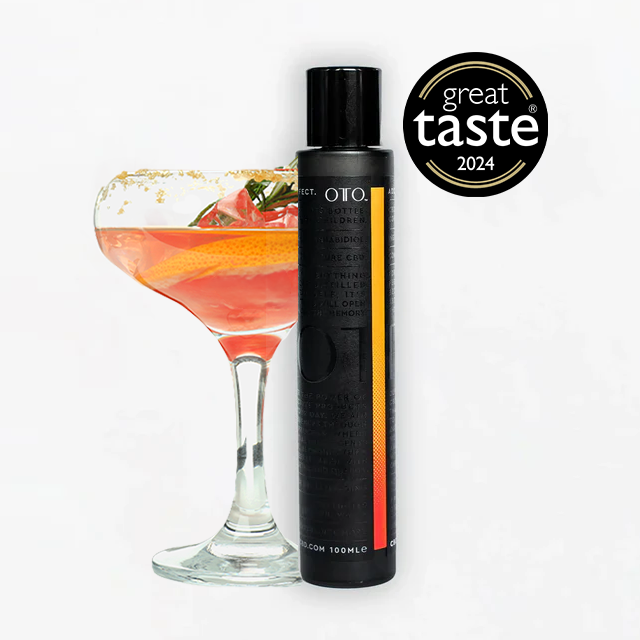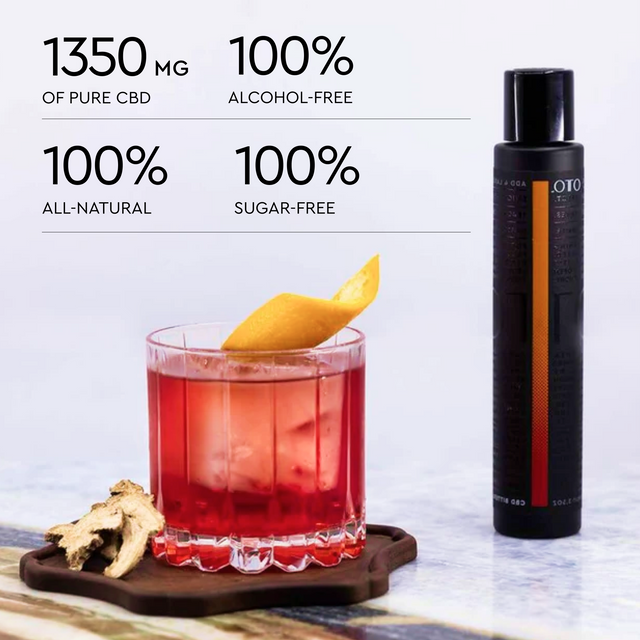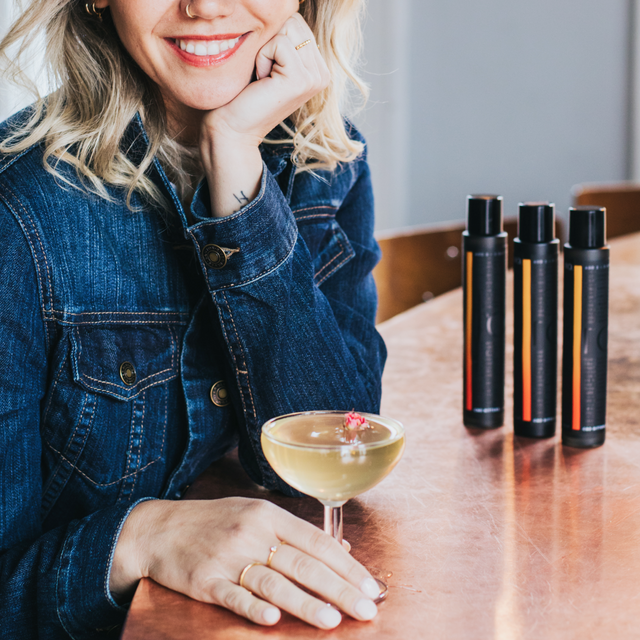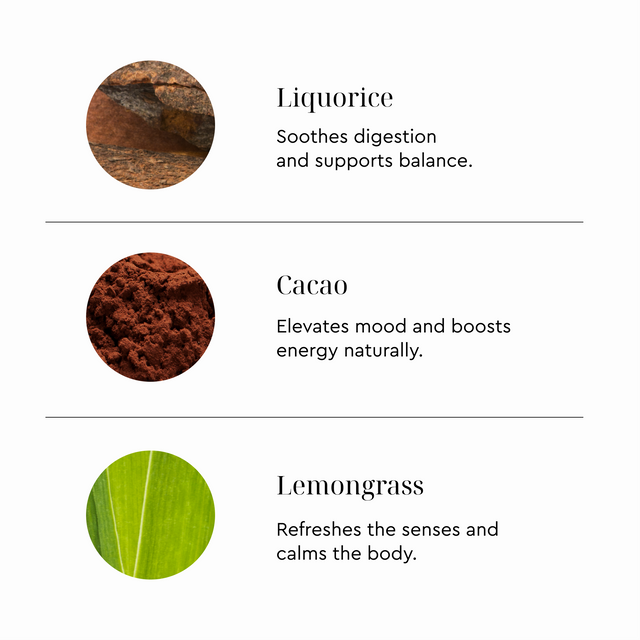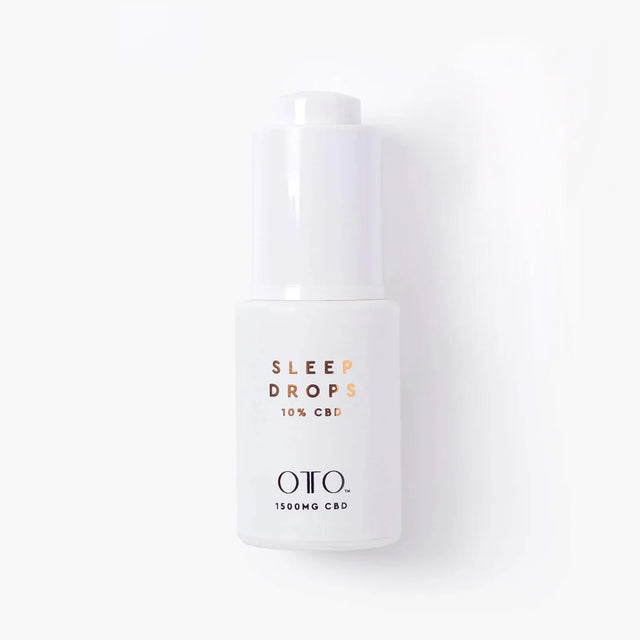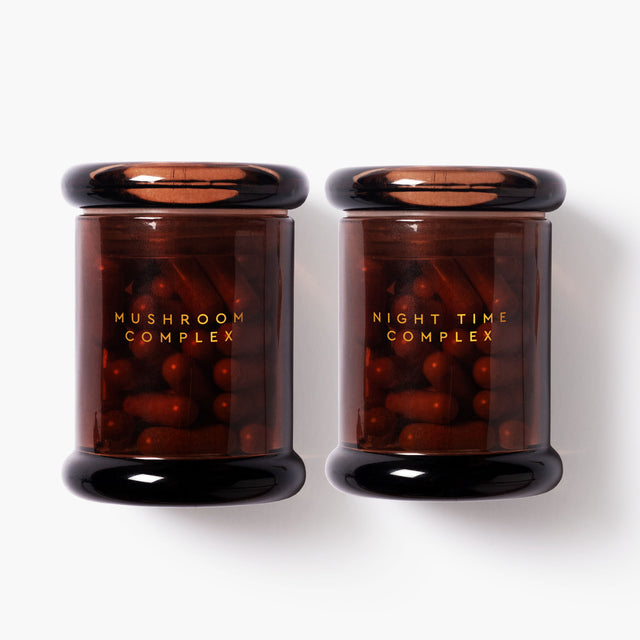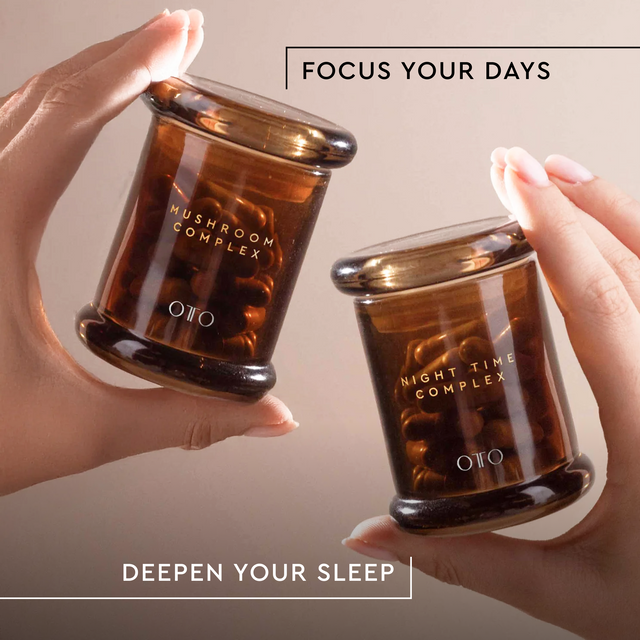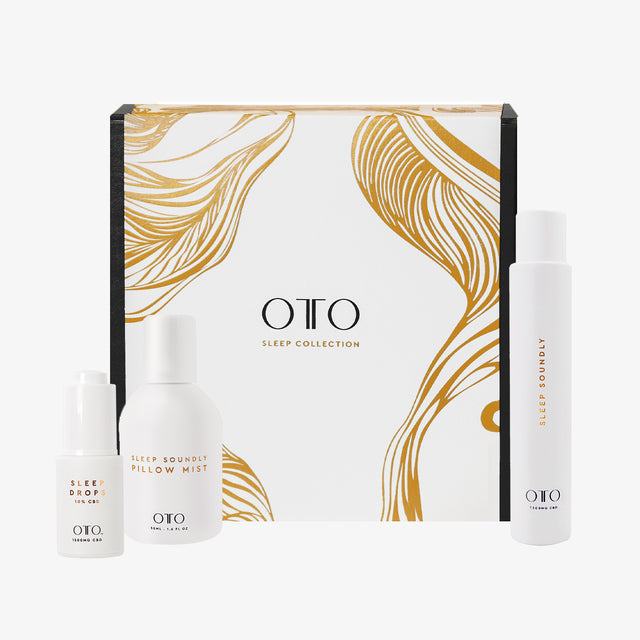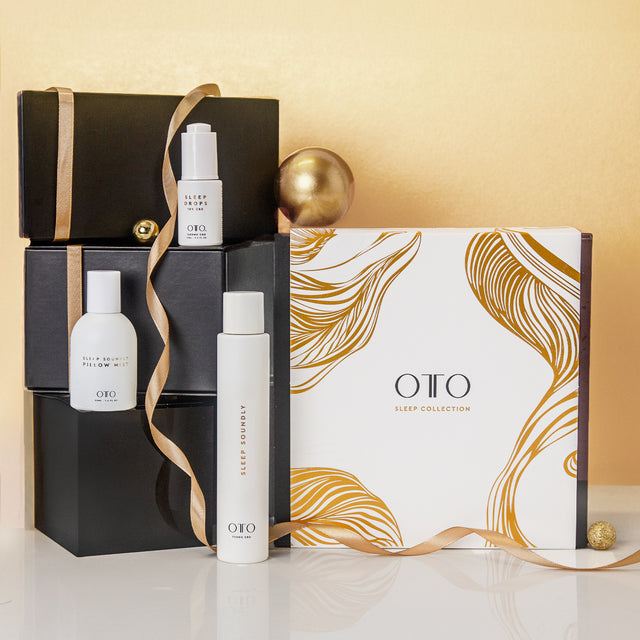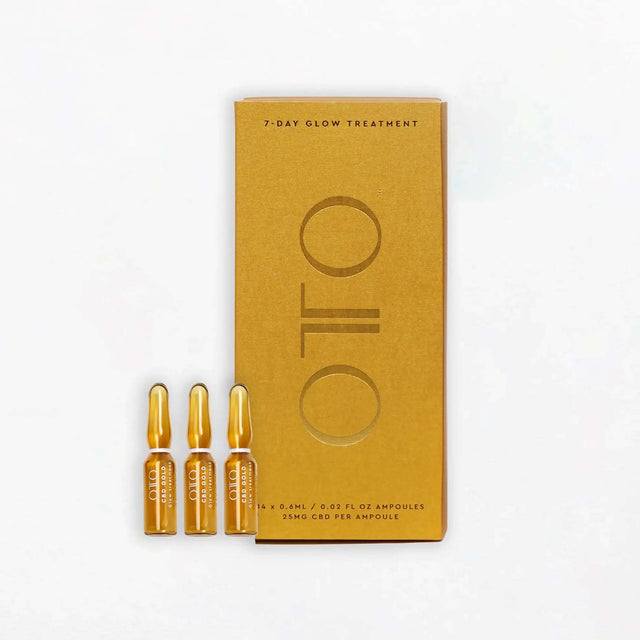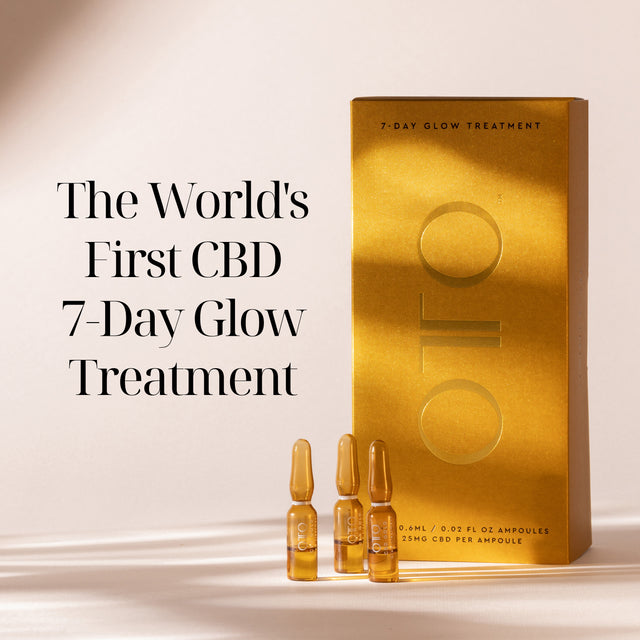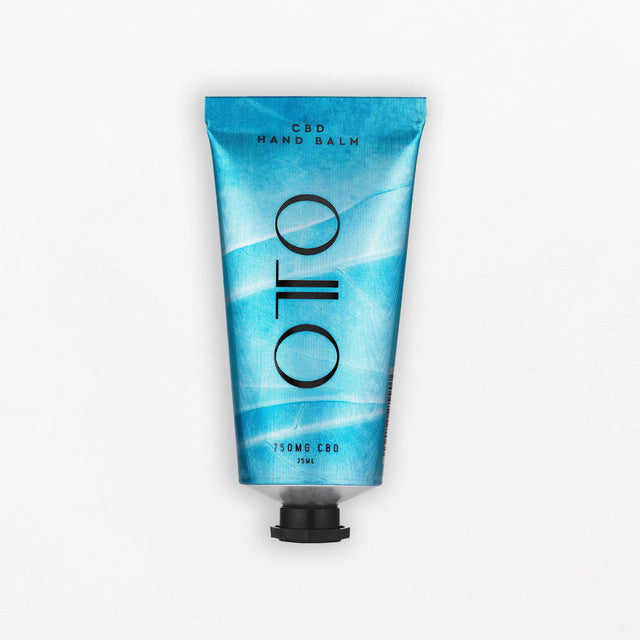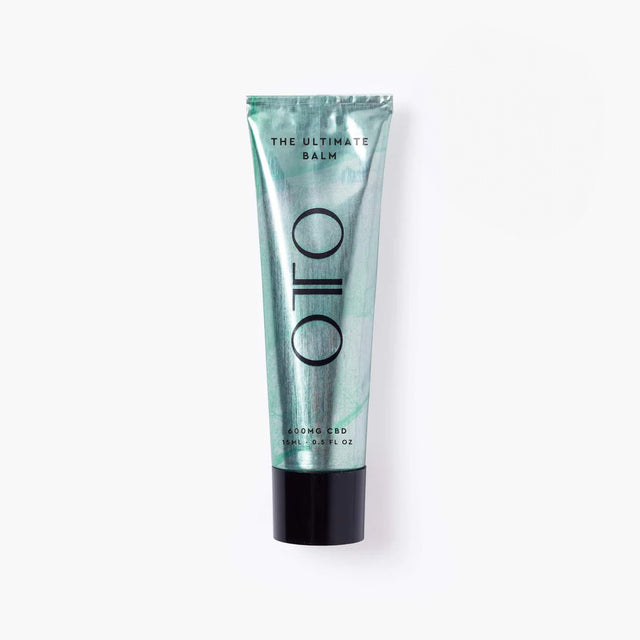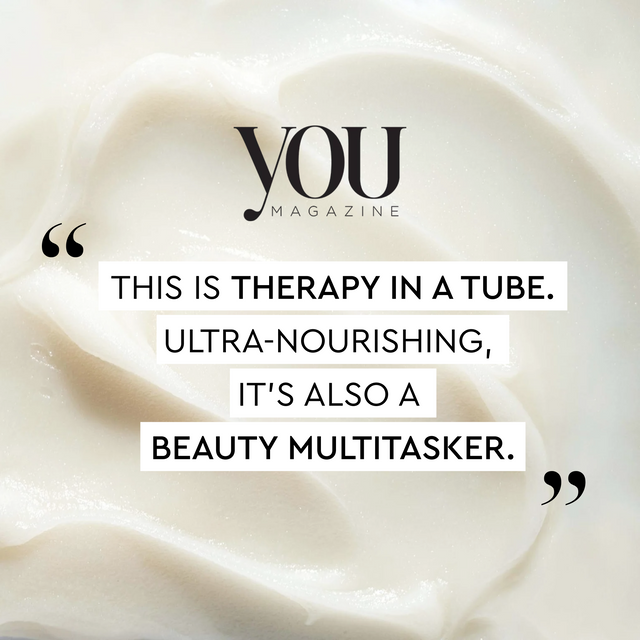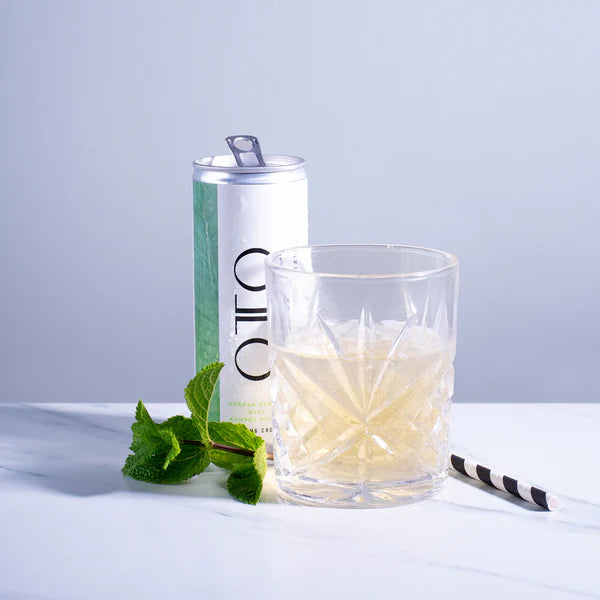How your diet can help manage stress with Lisa Oxenham
Many studies have proven that eating the right food can play a role in managing and relieving anxiety. Marie Claire’s Lisa Oxenham shares some healthy-eating tips to tame stress during these uncertain times.
Ways diet can help manage stress
So much is out of our control, and the inevitable stress that follows such huge uncertainty is hard to manage, though, as always, lifestyle plays a huge role in how well stress is weathered - and nutrition plays a huge role in safeguarding mental health during this difficult time.
That’s not to suggest it’s easy to eat well during times of crisis. As nutritionist Nicola Moore explains “reaching for junk food and alcohol is common through moments of stress because it’s fast, firing off the happy hormones and giving a brief moment of comfort.” The only problem is that once that initial high has passed, you’re left worse off: “that sweet fix can cause a sugar spike, just to be left low, subdued and with a lack of energy."
Rather than reach for the chocolate every time you feel a bit defeated, Moore suggests making tweaks to encourage your diet to subtly influence your mental health, manage your anxiety and lift your mood.

Nine healthy habits to help manage stress
1. Stay hydrated
“Even mild levels of dehydration can produce disruptions in mood and cognitive function,” says Nicola. Water makes up around 70 percent of the body. It carries hormones and nutrients to their destinations, so when fluid consumption is reduced, this process slows down and blood pressure can drop. This can lead to dizziness and as the heart tries to increase low blood pressure - and the associated faster heartbeat may feel similar to a panic attack, which can then prompt anxiety. “Get into the habit of starting the day with a hydrating glass of water, and try to consume around six to eight glasses a day.”
2. Eliminate alcohol
In times of stress, Moore advises reducing foods and drinks that have a negative impact on bacterial balance in your digestive tract. These include sugar and alcohol. “Drinking alcohol also reduces the amount of serotonin in the brain, which is a neurotransmitter that helps you to feel calm and happy,”she says.
3. Add CBD
Research suggests that CBD helps the body process serotonin, and can also aid sleep and alleviate insomnia (both of which can exacerbate feelings of anxiety). The OTO non-alcoholic CBD bitters have been designed to improve overall wellbeing. Optimum-strength CBD, cultivated from organically grown hemp plants, has been combined with a bespoke range of botanicals with antioxidant properties, to help with stress and anxiety and promote calmness and contentment.
4. Reduce caffeine
“Caffeine can be a ‘silent’ stressor that can trigger adrenalin production and therefore anxiety,” says Nicola. “Caffeine is a powerful stimulant designed to keep you alert and energised - but too much can trigger the “fight or flight” response, causing you to overreact to situations that aren’t actually dangerous.”
5. Eat regular and balanced meals
Incorporate whole grains, some protein, vegetables, and natural fat into your diet to keep blood sugar balanced and consistent.
6. Consider the gut brain axis
About 95% of serotonin receptors are found in the lining of the gut. Probiotics, which foster a healthy gut environment, are now being looked at to treat anxiety and depression. Try eating probiotic-rich foods such as pickles, sauerkraut, and kefir.
7. Up your omega 3 intake
“Optimise your diet to include lots of omega 3 fats, as they're linked to improving depression and anxiety. Wild Alaskan salmon, tuna, sardines, mackerel, anchovies, chia seeds, flaxseeds and walnuts are all great sources,” says Nicola.
8. Boost B vitamins
Feel-good foods include avocado and almonds - and foods rich in B vitamins, because “they encourage the release of neurotransmitters serotonin and dopamine.”
9. Fill up on antixoidant rich foods
Enhancing your diet with antioxidant-potent food may help ease the symptoms of stress anxiety. “Fuel up on red, pinto, black, and red kidney beans, apples, prunes, plums, blackberries, strawberries, raspberries, and blueberries, walnuts and pecans, artichokes, kale, spinach, beetroot, broccoli, turmeric, and ginger,” says Nicola.
Photographer: @ithakaroddam Artist: @stacie_art
Location @unit1galleryworkshop Photos shot for: @yolkegirl

